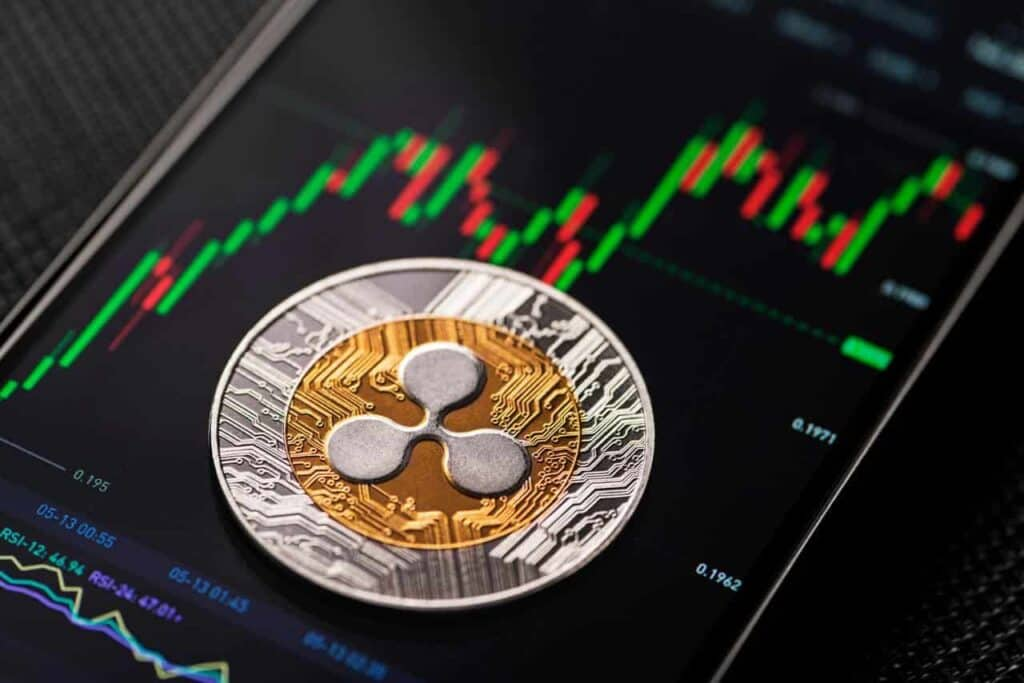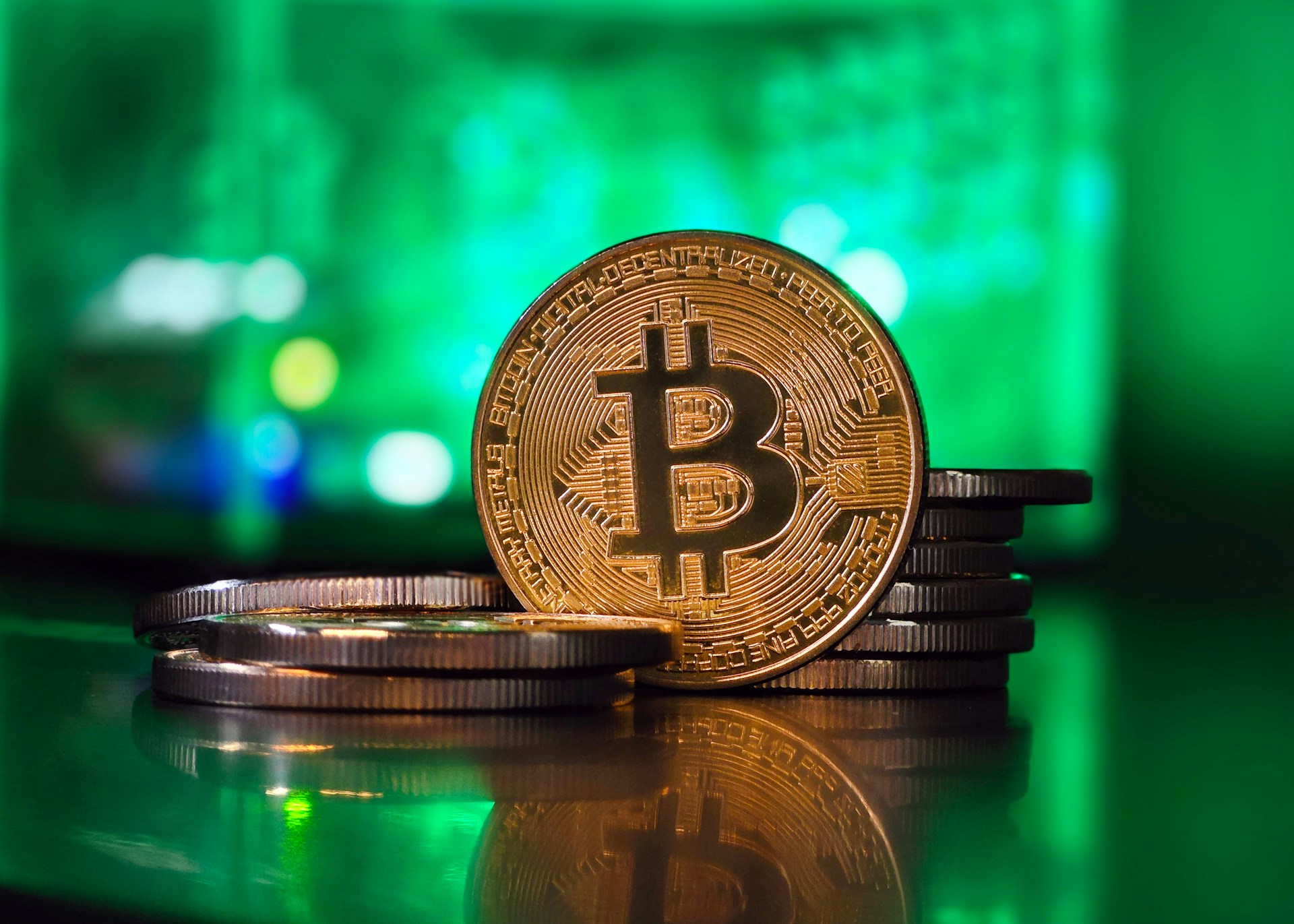The Ethereum Crisis of 2025: A Debate on Reversing $1.4 Billion Ethereum Theft
Following the shocking Bybit hack on February 21, 2025, the crypto community was left reeling from the news that hackers had stolen approximately $1.4 billion worth of Ethereum (ETH) from the exchange’s cold wallet. In the aftermath of this massive security breach, a contentious debate has emerged among Ethereum enthusiasts and crypto experts, with some advocating for a blockchain rollback to reverse the theft.
The Proposed Solution: A Blockchain Rollback
The idea of a blockchain rollback is not a new concept. It was first proposed in the aftermath of the infamous DAO hack in 2016, where hackers stole around $50 million worth of ETH. However, the Ethereum community ultimately decided against a rollback, instead opting for a hard fork to create a new Ethereum blockchain with the stolen funds returned to their rightful owners.
Now, with the Bybit hack, the debate has resurfaced. Proponents of a rollback argue that it is the only way to ensure justice and prevent further damage to the Ethereum network. They argue that the hack was an anomaly, and that the Ethereum community should not have to bear the brunt of the losses indefinitely.
The Opposing View: The Immutability Principle
On the other hand, opponents of a rollback argue that the immutability principle is sacrosanct in the world of blockchain technology. They believe that once a transaction is recorded on the blockchain, it cannot be undone. Rolling back the blockchain would set a dangerous precedent, potentially opening the floodgates for further manipulation and fraud.
Moreover, they argue that the Ethereum network is robust and resilient, and that the community has the resources to absorb the losses. They believe that the energy and resources spent on a rollback would be better spent on improving the security of the network and preventing future hacks.
Impact on Individual Investors
For individual investors, the Bybit hack and the subsequent debate on a rollback can be a source of anxiety and uncertainty. Those who have lost funds in the hack may feel a sense of injustice and frustration, and may be tempted to support a rollback. However, they should be aware that a rollback is not a guaranteed solution, and that there are risks and uncertainties involved.
Additionally, the debate may cause fluctuations in the price of Ethereum, as investors react to the news and weigh the potential outcomes. It is important for investors to stay informed and make decisions based on sound financial advice, rather than emotions.
Impact on the World
The Bybit hack and the debate on a rollback have wider implications beyond the crypto community. The incident has brought attention to the security vulnerabilities of blockchain technology, and has raised questions about the role of governments and regulatory bodies in the crypto space.
Moreover, the debate has highlighted the need for better security measures and protocols to prevent future hacks. It has also sparked discussions on the importance of decentralization and the role of community governance in the crypto ecosystem.
Conclusion
The Bybit hack and the subsequent debate on a blockchain rollback is a complex issue with no easy answers. While the immutability principle is a cornerstone of blockchain technology, the community must also consider the consequences of inaction in the face of such a massive theft. Ultimately, the decision on whether to rollback the Ethereum blockchain will have far-reaching implications, and will require careful consideration and collaboration among all stakeholders in the crypto ecosystem.
- The Bybit hack resulted in the theft of approximately $1.4 billion worth of Ethereum from the exchange’s cold wallet.
- A debate has emerged on whether to rollback the Ethereum blockchain to reverse the theft.
- Proponents argue that it is the only way to ensure justice and prevent further damage to the network.
- Opponents argue that the immutability principle must be upheld.
- Individual investors may be affected by the uncertainty and potential price fluctuations.
- The wider implications include questions about the role of governments and regulatory bodies, and the need for better security measures and protocols.





